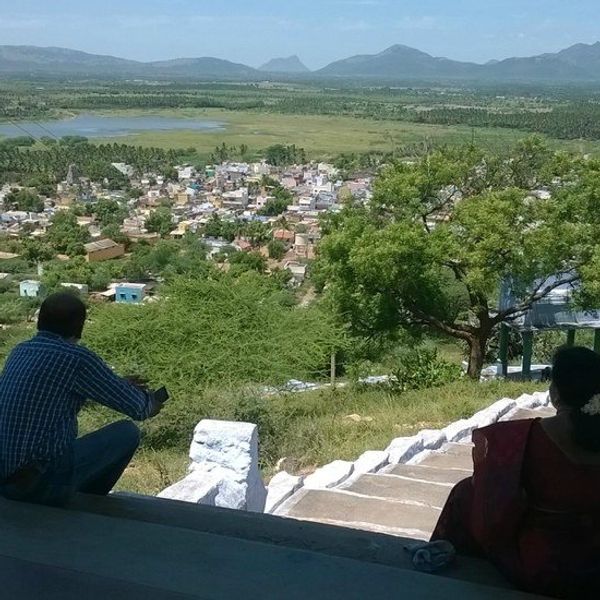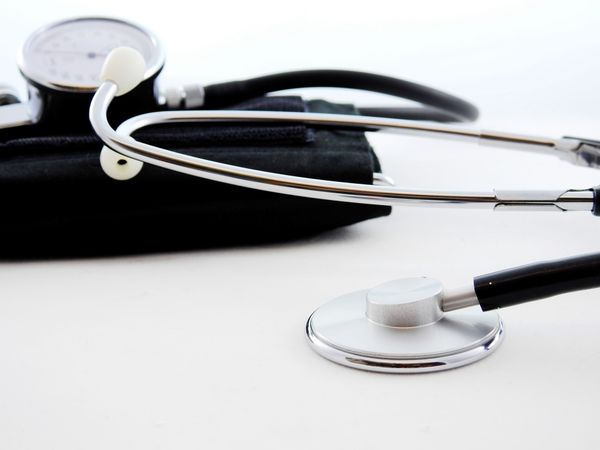Not many people have had a 73-year-old woman take her cracked hands in theirs and tell them, “Gracias por su tiempo y amabilidad mi niña hermosa. Espero que Dios me trae aquí de nuevo, así que se puede ver una segunda vez,” meaning thank you for your time and kindness my beautiful girl. I hope God brings me here again so I can see you a second time. Where did this woman say these things to me? It was on the Emory University Medical Brigades in Honduras. I’ve never felt so empowered, needed, and trusted in my life as I had felt in that moment.
This medical brigade is only one of the programs that Global Brigades offers. There are also international business, dental, engineering, environmental, human rights, public health, and water brigades that Global Brigades organizes and offers to Emory students. I chose the medical brigade because I, like the majority of the students that first come to Emory, came into freshman year thinking that I wanted to be pre-med, ultimately a doctor, and that I needed something to boost my resume.
I realized that this trip wouldn’t simply be something that I put on my resume and forgot about later in my life; it would be an experience that I would remember for a very, very long time. I had first-hand experience shadowing licensed pediatrician, general doctor, gynecologist, and two dentists in the medical clinic. I quickly learned how to use a tongue depressor and calm children when they gagged when getting their throats looked at. People trusted me to take their blood pressure with steady hands and prick their pointer finger to take their blood sugar levels quickly and efficiently.
Taking blood pressure and blood sugar may seem trivial, however they are two problems that a majority of older Hondurans have. Uncontrolled high blood pressure can lead to heart attack, stroke, and/or dementia. Basic Honduran diets consist of largely rice, beans, tortillas, and fruits. This may seem healthy, but in reality this is problematic because the high consumption of fruits and non-complex carbohydrate (white flour) products can lead to spikes in blood sugar levels. These spikes in blood sugar levels are associated with diabetes, kidney damage, cardiovascular disease, and nerve damage. It took practice, but eventually I was able to not falter doing these basic tests.
I was also able to connect the dots in the sense that I could associate a diagnosis and medical history with a medication both while I shadowed and in the pharmacy station. I was able to watch an 80-year-old man get medication injected into him that brought his blood pressure down from 240, which is high enough to lead to a heart attack, to a more normal 160. I watched a six-year-old boy who had sore tonsils and a fever get medication for tonsillitis and pharyngitis that could cure him within days of seeing the general doctor. In the pharmacy station, I had the opportunity to give bags of medication to people after the doctors saw them. It’s crazy to see how grateful people are for pills that are so accessible to Americans in pharmacies like CVS or Walgreens.
In the triage station, I communicated to the Hondurans in Spanish about their family and personal medical history. I took people’s blood pressure if they were over 35 or younger than that and pregnant. I took children’s height and weight, if they were younger than 12-years-old, and took their temperature if they had a fever in the days prior to coming to the clinics. I had flashbacks of when I was little and used to play doctor with my friends and use a stethoscope and thermometer, except I kept having to remind myself that these were actual patients that expected me to be precise with my questions and measurements that I took. Nothing could be more real.
The children flocked to us. Every time the bus turned into the community where the clinics were, the children’s faces lit up and many of them smiled and waved to us. They clung to us like we were monkey bars on a jungle gym when we weren’t handling patients. They taught us hand games and held our hands and made us laugh. They looked up to us as heroes that went to school past sixth grade and went to college.
The children that I spoke to told me with big, shy smiles that they aspired to be doctors, surgeons, or engineers. I was touched that they thought I was an actual doctor even though I’ve only taken BIO 141 and 142 with lab. I could understand where they were coming from though because we were in scrubs and we seemed like we knew what we were doing even though, for many of us, it was our first hands on medical experience.
I said it once and I’ll say it again, this was an unforgettable experience. For all you pre-meds out there who are questioning what being a doctor really entails, I strongly encourage you to do this trip or any trip that provides medical clinics in another developing country. There’s no question if I’m going back, it’s when I’m going back. Who knows, maybe I’ll even see the 73-year-old woman that was so wise, grateful, and humble when I return.





















